VWB raises over $26,000 for animals and communities in need through Animals & Ales Pet Photo Contest
VWB wrapped up its fifth Animals & Ales Pet Photo Fundraiser Contest in partnership with six breweries.
Volunteers Engaged in Gender Responsive Technical Solutions (VETS)
Goal: Improve the economic and social well-being of marginalized people, particularly women and girls, in six countries through animal, human, and environmental health (One Health) initiatives.
Target Group(s): Women, men, girls, and boys, with a focus on women and small-scale farmers in rural areas.
Where: Ghana, Kenya, Senegal, Laos, Cambodia, and Vietnam.
Duration: 2020-2028 (8 years)
Reach: VETS aims to directly reach over 689,000 people.
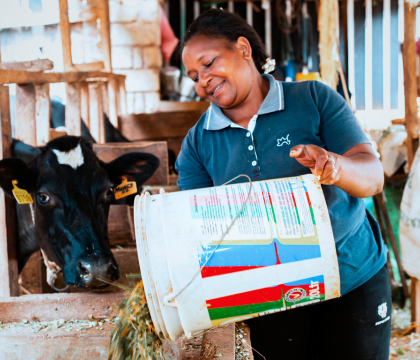


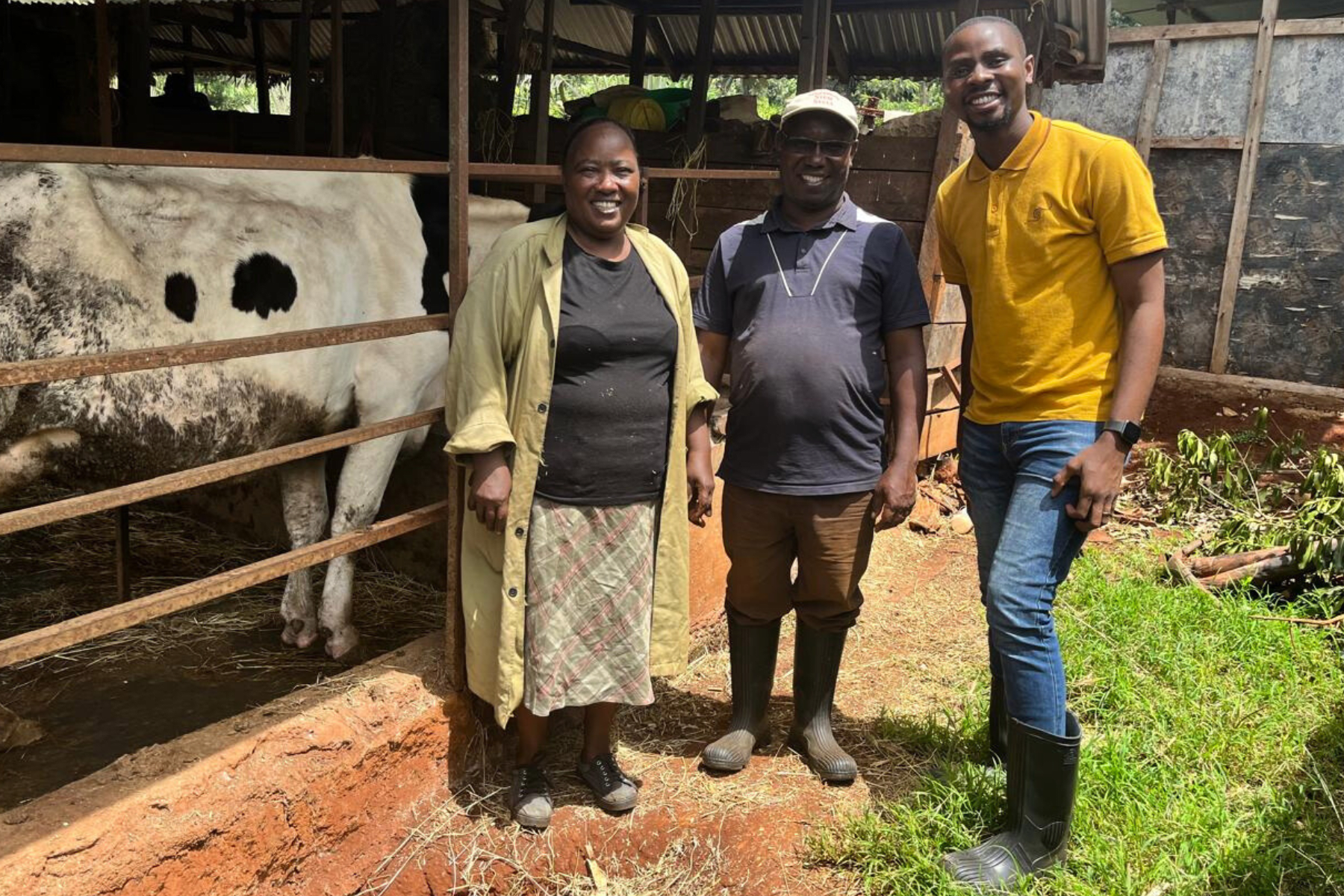
The Situation
In many developing countries, small-scale farmers, particularly women, face significant challenges including limited access to animal health services, exposure to zoonotic diseases, and vulnerability to climate change impacts. These issues are exacerbated by gender inequalities, which restrict women's access to resources, decision-making power, and economic opportunities.
What We Are Doing
With the support of skilled Canadian and national volunteers and local partner organizations, we are addressing these challenges through a One Health approach. Key activities include:
Training and Capacity Building: Providing training to improve animal health, sustainable agriculture practices, and economic opportunities for women farmers.
One Health Demonstration Sites: Establishing sites to showcase integrated approaches to human, animal, and environmental health.
Volunteer Deployment: Sending 190 Canadian and national volunteers to support local partners and build community capacity.
Gender-Responsive Approaches: Ensuring all activities promote gender equality and empower women and girls.
Community Health Days: Conducting outreach to disseminate information on public health, nutrition, and zoonotic disease prevention.
Innovative Solutions: Introducing disease surveillance systems, telehealth initiatives, and the Gender Model Family approach to support sustainable development.
Project Targets
The VETS project aims to reach:
The VETS program is possible because of generous funding by Global Affairs Canada.
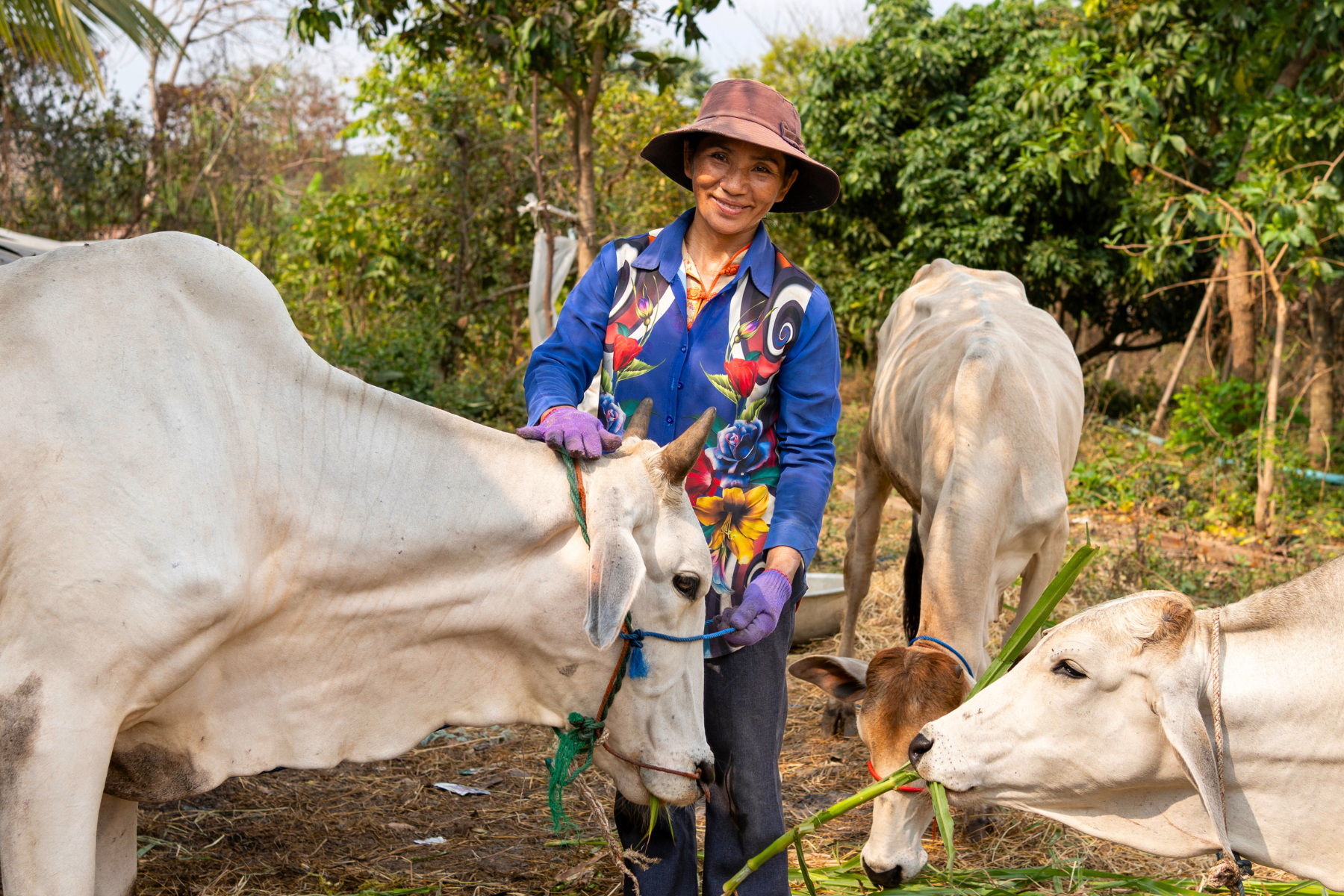
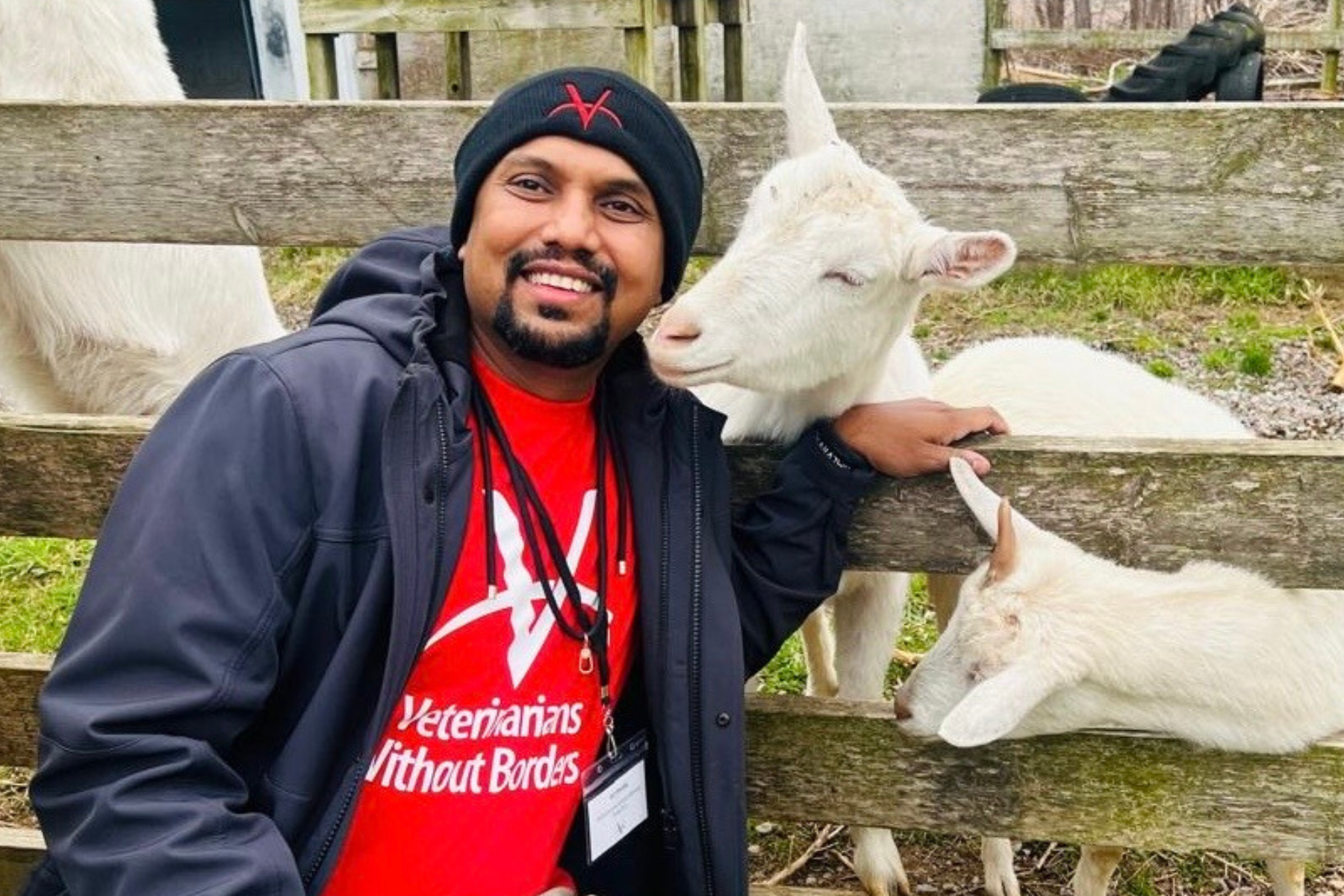
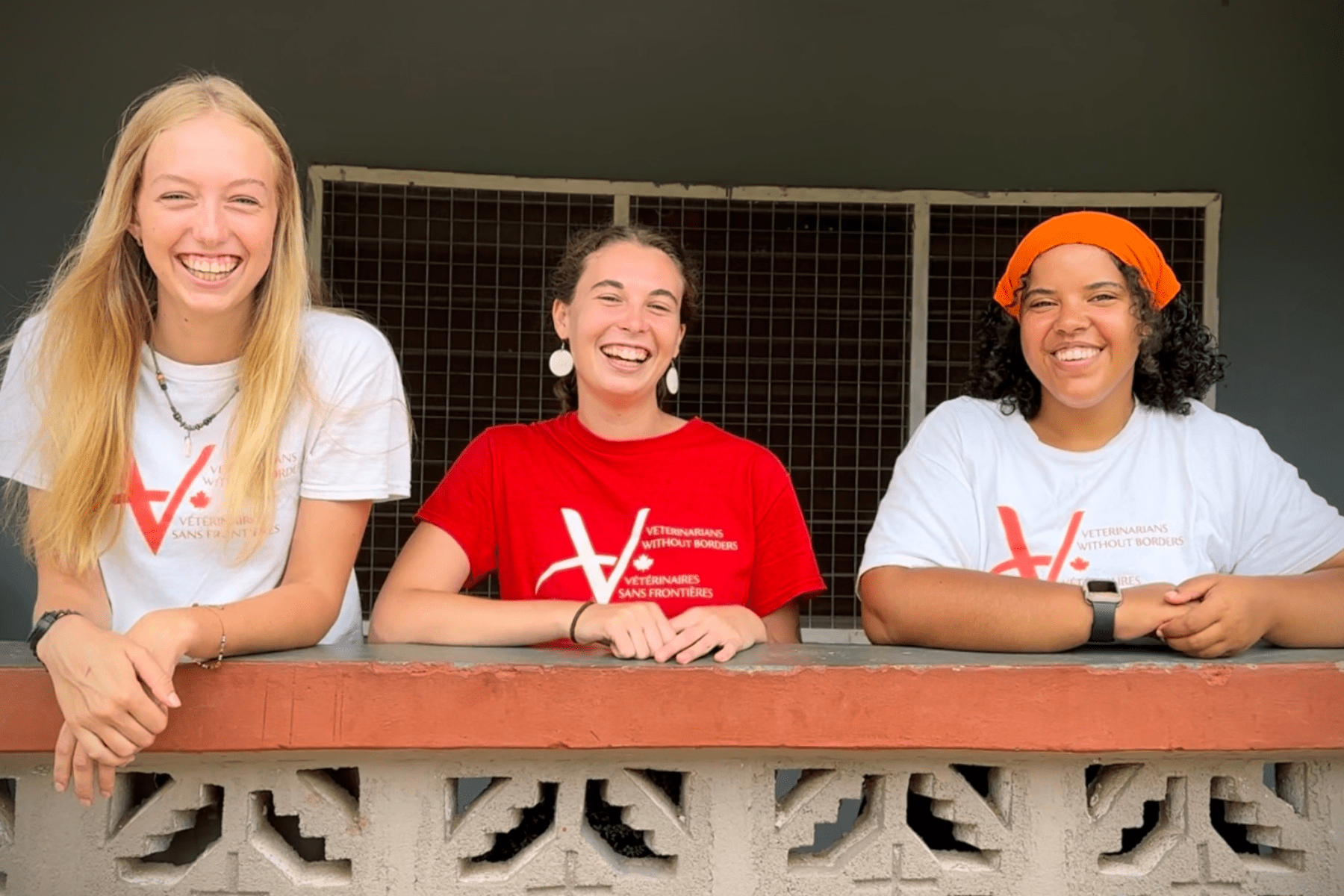
The Role of Volunteers in VETS
Volunteers play a crucial role in the VETS program. In fact, VETS aims to mobilize more than 190 volunteers in Africa and Asia during the 8-year duration (2020-2028) of the project.
VETS volunteers engage in various activities, including: providing technical assistance and training to farmers and women-led organizations; conducting community outreach and sensitization; developing and implementing gender-responsive and environmentally sustainable practices; and more.
VETS volunteers include veterinarians, veterinary technologists, animal and human nutritionists, professors of veterinary medicine, veterinary clinic managers, rural development specialists, communications advisors, business development advisors, monitoring and evaluation, gender specialists and others (depending on the needs of our local partners).
VETS volunteer placements range from three weeks to two years, depending on the nature of the position.
Learn more about becoming a VETS volunteer and browse currently open volunteer positions.
If you are a recent university graduate, young professional, or student enrolled in Veterinary School or a Graduate program, learn more about the Emerging Leaders Program (ELP) (formerly known as the Young Volunteer Program) and the strongly supported VETS volunteer placements it provides.
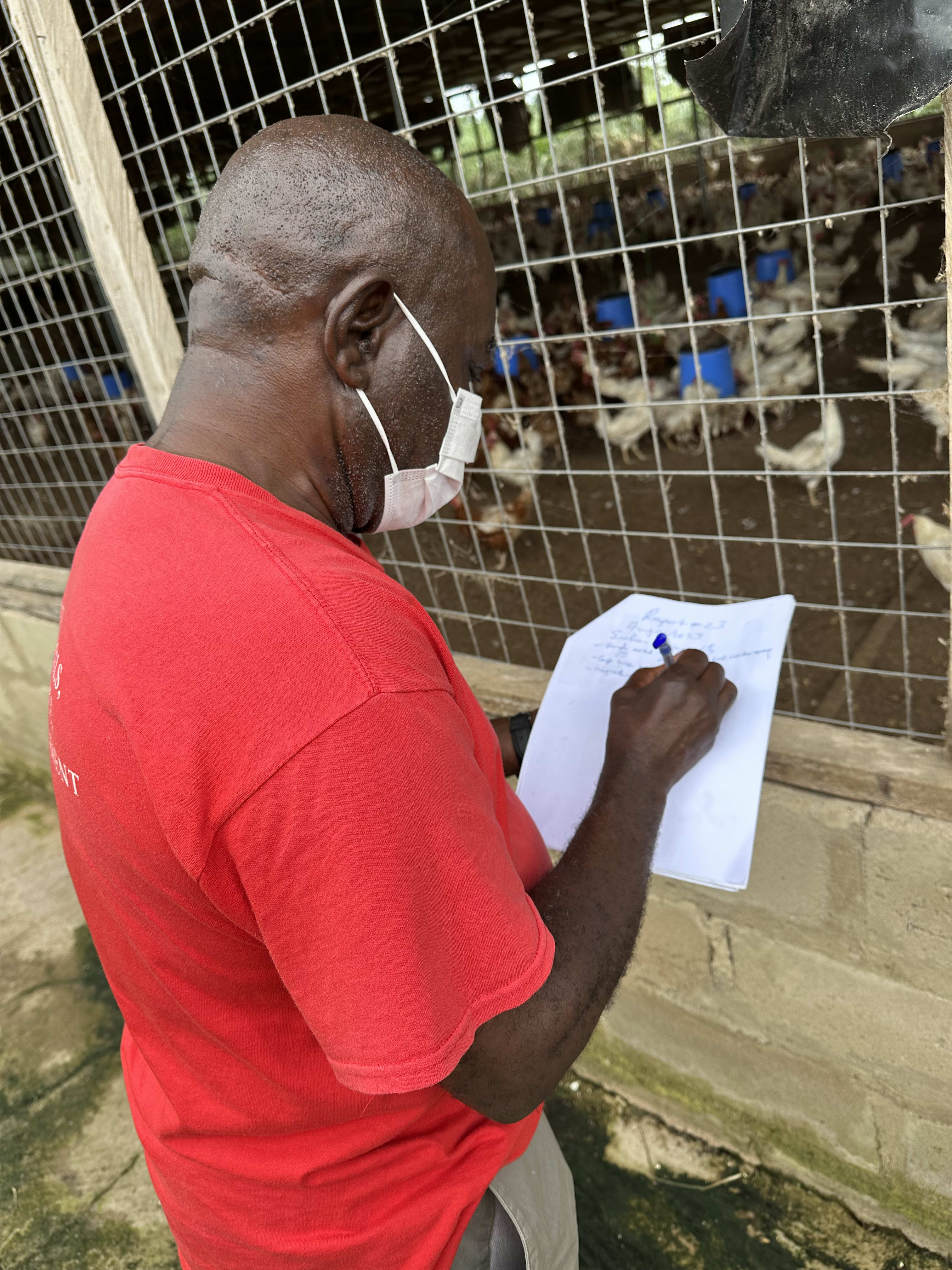

Cambodia in Context: Structural changes in agriculture and rural economies have increased the need for women's participation in labor-intensive activities.
Key VETS Activities:

Ghana in Context: Ghana faces systemic challenges around gender equality, social protection, and women's empowerment. Agricultural practices and climate change impacts significantly affect rural livelihoods.
Key VETS Activities:
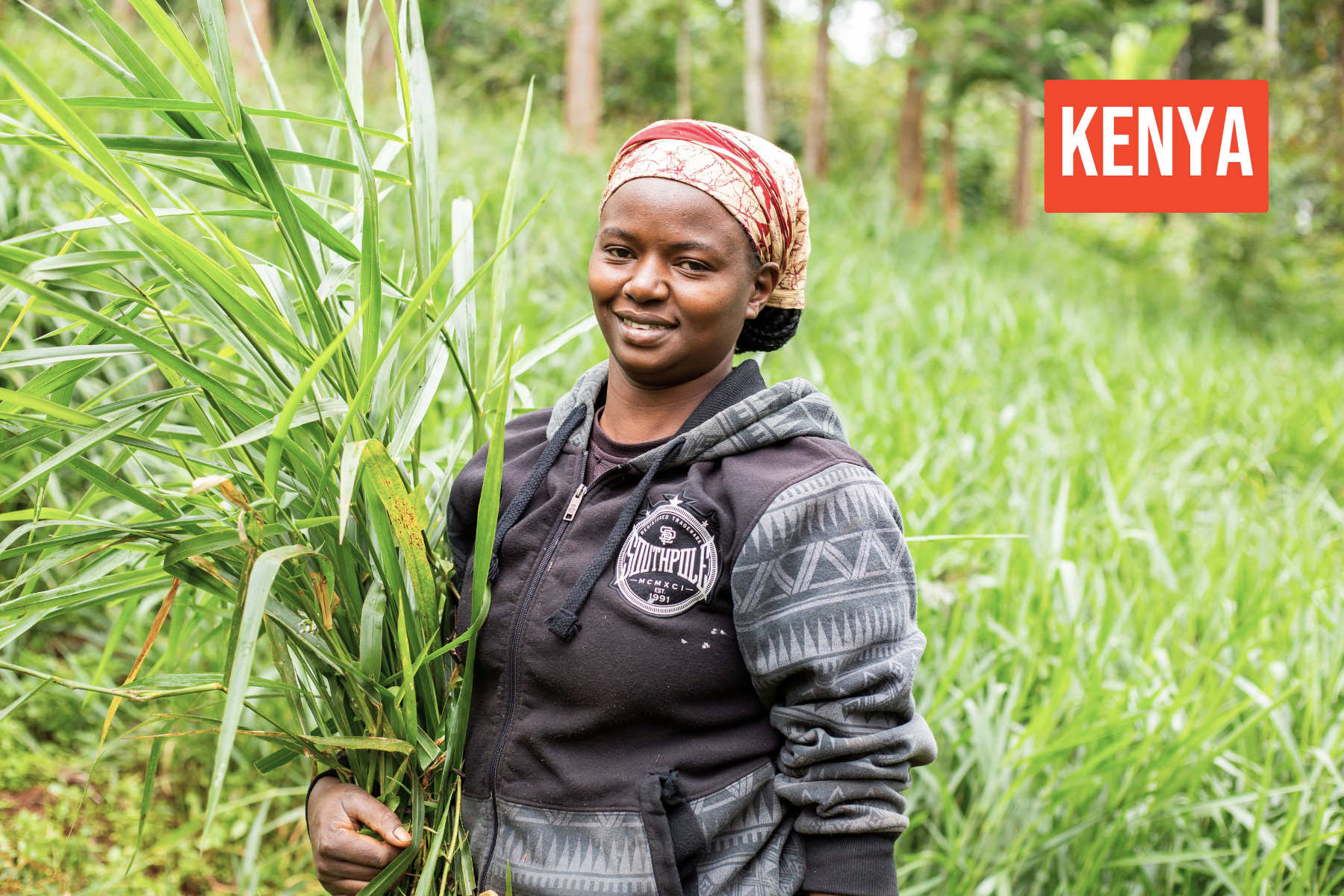
Kenya in Context: Deforestation and unsustainable land use are major challenges. Women play a significant role in dairy production but benefit less from value chains.
Key VETS Activities:

Laos in Context: Ethnic minority women face significant barriers to accessing opportunities and resources, exacerbated by poor environmental hygiene and water sanitation practices.
Key VETS activities:
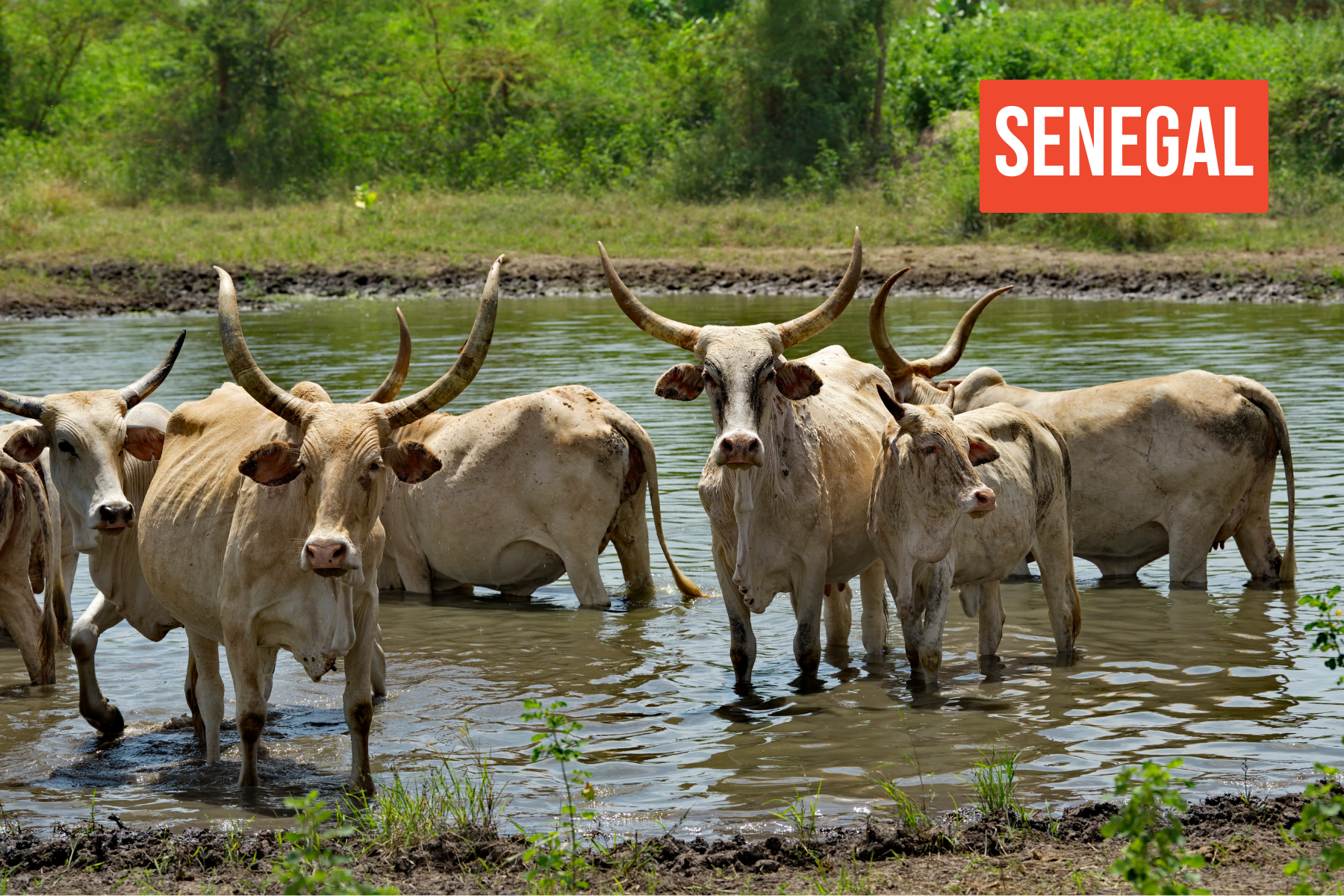
Senegal in Context: Deep-rooted cultural and religious norms hinder women's financial independence and decision-making power in farming.
Key VETS activities:
NOTE: VETS activities in Senegal completed in 2023.

Vietnam in Context: Traditional gender roles and economic development pressures create significant barriers for women, especially in rural areas.
Key VETS activities:
NOTE: VETS activities in Vietnam completed in 2023.
Sustainability
VETS aims to establish sustainable One Health systems integrated with national strategies in the six target countries. By training local actors and strengthening existing structures, the project ensures long-term impact and resilience.
Human Rights
The project centers on a rights-based approach, empowering women as key actors in One Health activities. By addressing gender inequalities and improving access to resources, VETS promotes health equity and community well-being.
Gender Equality
VETS is informed by gender assessments in each country. Key strategies include: ensuring women's engagement in training and project activities, achieving gender parity in community organizations and cooperatives, providing leadership training to women, supporting women in non-traditional roles (e.g., Community Animal Health Workers).
Environmental Sustainability
VETS adopts climate-smart agriculture and sustainable practices to minimize environmental impacts. One Health Demonstration Sites promote sustainable techniques, and Environmental and Social Impact Assessments guide environmentally friendly practices.
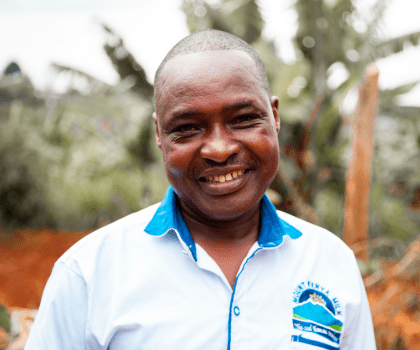 Charles Nkanata, Extension Officer, Meru Dairy, Kenya
Charles Nkanata, Extension Officer, Meru Dairy, Kenya
Partners
A key strength of the VETS program is that it works through the knowledge and expertise of established, local NGOs and community organizations in Ghana, Kenya, Senegal, Laos, Cambodia, and Vietnam. In turn, VETS strengthens the internal systems of partner organizations and encourages local decision-making processes.
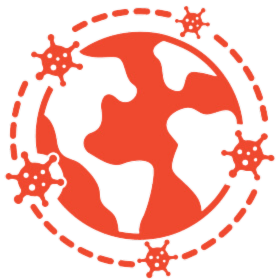 Looking back: VETS and COVID-19
Looking back: VETS and COVID-19
In 2020, the first year of the VETS program, COVID-19 made international travel impossible. Despite that, work moved ahead. Together with our local partners and local experts, we completed community needs assessments, as well as specific assessments into gender relations and the environment. Training began in the communities, both in-person and over radio sessions, with the assistance of national volunteers. The project also developed COVID-19 risk communication messages and training tools designed to help people protect themselves.
Learn more about the first year of VETS.
Veterinarians Without Borders North America/Vétérinaires Sans Frontières Amérique du Nord couldn't do the work we do without your support. Whether it's a financial donation or a donation of your time, by improving the health of animals you will be working to improve the health and quality of life for people throughout the world.
VWB wrapped up its fifth Animals & Ales Pet Photo Fundraiser Contest in partnership with six breweries.
This article examines why integrating One Health into humanitarian response is essential for protecting lives, livelihoods, and ecosystems. Drawing on VWB’s experience in Myanmar, South Sudan, and Ukraine, it highlights how addressing animal health, livelihoods, and environmental stability from the outset of a crisis strengthens resilience, prevents zoonotic disease, and supports sustainable recovery in vulnerable communities.
VWB is launching its second Animals & Ales Pet Photo Fundraiser Contest of 2025, which will unite pet lovers and craft beer enthusiasts across the U.S. and Canada
